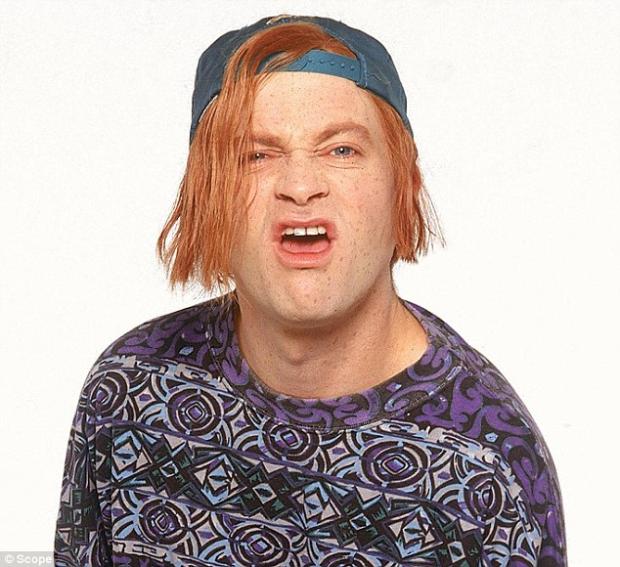‘Ugh, he’s such a try-hard…’
Our son said this about one of his classmates the other day. I’d not come across this particular put-down before, but it wasn’t hard to guess that he was criticising the other boy for being (as he saw it) excessively keen at school.
(The usual term for the over-enthusiastic at my alma mater was ‘lick’, as in ‘He’s such a lick’ – occasionally developed into the more direct name-calling of ‘Licky licky bum lick’.)
Further investigation revealed that ‘try-hard’ is a more common expression than I realised. It’s not a term confined to our son’s school; friends in Yorkshire have confirmed that it’s used there too.
It’s strange that someone should be condemned for trying hard, though. What’s so reprehensible about making an effort?
But maybe it’s not so strange. It’s not so different from using ‘do-gooder’ as a term of derision.
That’s always bemused me. Isn’t it good to do good? Why are some people so hostile to the considerate actions of others?
‘Political correctness’ is another term often spat out in disgust. But the thing about politically correct ways of thinking, speaking and behaving is that they are… correct. Treating others with respect and decency is surely the right way to behave. Isn’t it?

Holding liberal views – that is, supporting individual freedom – is laudable, one might think. But again, describing someone as a ‘liberal’ is often done in a sneering way – usually accompanied by the term ‘snowflake’. And there was I, thinking that a snowflake is a rather lovely, even beautiful thing.
I wonder what positive attributes will become terms of abuse next.
‘You charity donor!’
‘Care-giver!’
‘Environmentalist!’
‘Oh! You… you… humanitarian!’
‘Well that’s just beyond the pale…’


